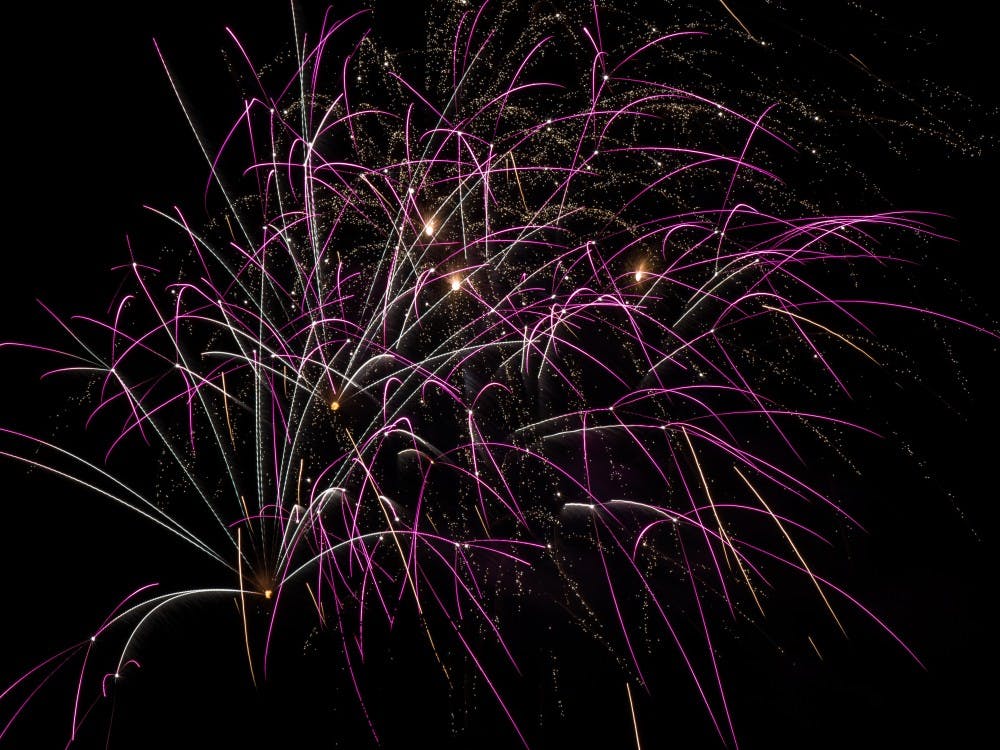With standing room only, students and participants from all over the globe were rubbing elbows Friday night at the Campus Christian House for a multicultural exchange.
The event started with a presentation explaining the Islamic month of Ramadan, traditions surrounding the month and the meaning of the iftar, the dinner eaten after fasting during the day.
A buffet-style potluck meal was served after the presentation where students and community members stood side by side in line to taste the various foods.
Many of the traditional Middle Eastern dishes were student made. Though the line was often more than 30-people long and many individual dishes were quickly emptied, the food did not run out due to the preparation of event attendees.
Muhammad Maqbool, faculty adviser to the Muslim Students Association, said that the attendance was more than expected.
"We were expecting 150 to 170, but we got almost double that," he said. "I am happy that many people showed interest in a common ground."
Maqbool said the iftar has been hosted in different forms by MSA for at least a decade.
"With the holy month of Ramadan, when the sun rises we stop eating, and then when the sun sets, we start eating," said Mohammad Sohard, a freshman economics major from Afghanistan. "That dinner is called iftar. You can open your fast, then you do your prayers, then you come back and eat more."
Freshman business administration major Ehsan Momand said in his home country in Afghanistan, families would celebrate iftar together. A community celebration of Iftar, such as Friday night's, might be more common in other nations, Momand said.
Owen McConnell, a graduate student in the sociology department spent a few hours at the dinner.
McConnell said he feels the dinner was a learning experience.
"The level of dedication a lot of people don't see," he said. "The dedication behind the fasting, what it means. I like the fact that it's all about trying to have an understanding of helping those who don't have food or water."
McConnell said the dinner was a great time and he would definitely come again.
Jodi Winger, a graduate student in sustainable development, attended the event with her husband.
"There were a lot of people," she said. "They were very friendly."
The MSA, the Saudi Students Club, the Islamic Center of Muncie, the Christian Student Foundation and the Rinker Center for International Programs hosted the iftar.
Part of the goal of Ramadan fasting is to remind Muslims of the less fortunate. This year, Maqbool made a presentation on the recent Pakistani flooding and spoke of the 12 million people who are homeless due to the disaster.
A collection was gathered to assist the Pakistanis and donations of nonperishable items and cash will be flown to Pakistan in the next few days.
For more information of how to donate cash or nonperishable food items contact Magbool or the Islamic Center of Muncie. Checks should be payable to the Islamic Center of Muncie, Memo: Pakistan Affectees.




